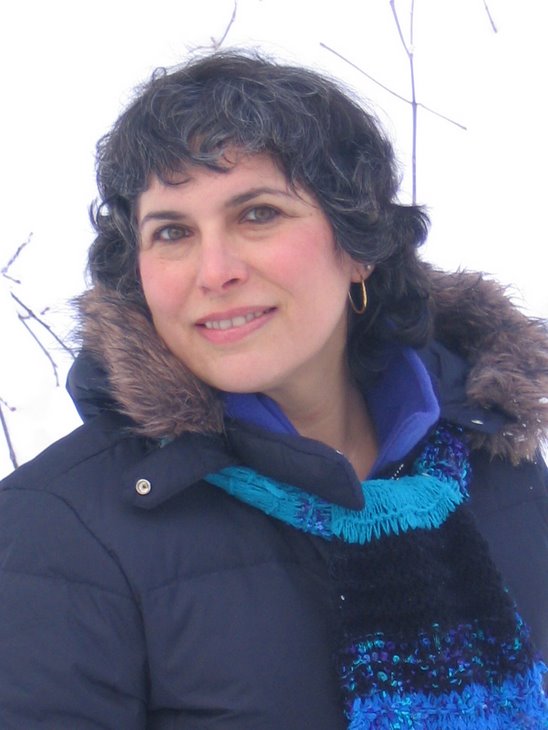I’ve been thinking about what to say about this term’s crop of WIER students for several days. I was going to talk about their wit and liveliness, their love of suspense and trick endings, their wonderful ease at writing dialogue, their sophisticated manipulation of stock plots and genres (the western, sci fi, fantasy, horror, even soap opera). I intended to applaud their seriousness, the willingness of so many to revise, and at the same time, their confident defense of their writing choices in the face of other people's criticism and advice. I doubt I would have had such conviction about what I wanted to say when I was in High School! But anyone who wants to write has to be stubborn and strong and have a sense of humour, which so many of these students do.
And then there was a massacre at Virginia Tech University, 33 people slaughtered by a friendless, solitary young man who never talked to anybody but whose creative writing projects alerted his teachers to the possibility that his jaws were clamped shut not in shyness but in rage. And I started to think about how communication is not just a “subject” to study but a means of staying alive, and well, and connecting to each other.
One of the things I appreciate most about WIER is that way that it liberates kids to listen to each others’ work with attention and respond to it with respect. Obviously, some of these kids aren’t in the same classroom and would never have seen each others’ work except for WIER! But for others, the opportunity to experience someone else’s writing isolated on the computer screen, out of the busy give-and-take of the school environment, inspires a higher degree of responsiveness than usual.
So often in daily life we are distracted, preoccupied, eager to speak our own piece, impatient to get on to the next activity. WIER makes us stop and focus on someone else’s words. It invites us into the space of those words and asks us to engage only with them, to let our imaginations fill up that space. And that active listening, my friends, is a huge life skill not just for writers and editors, but for all of us, all the time, who need to connect to each other in order to stay alive.
Peace.



No comments:
Post a Comment